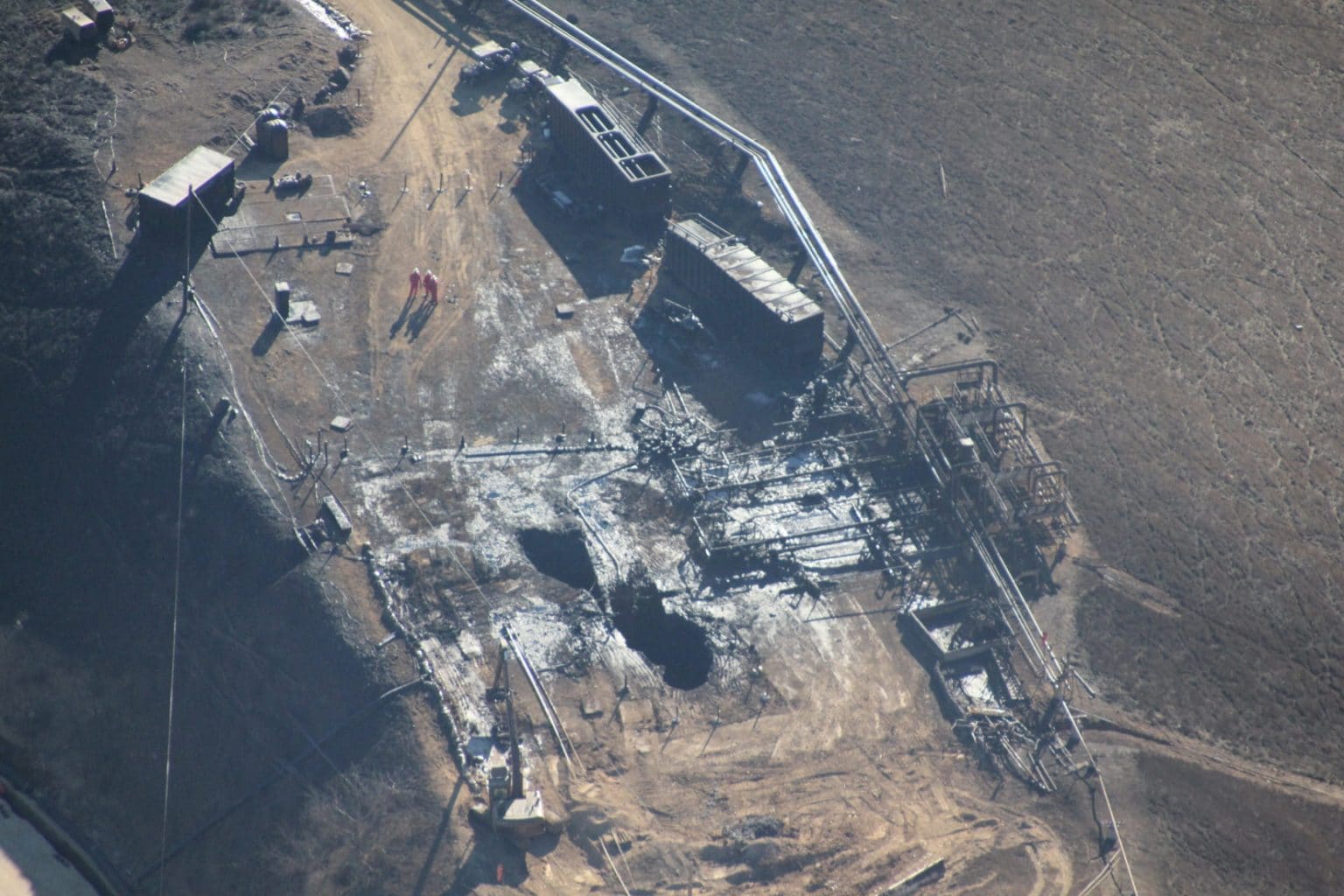The ongoing Aliso Canyon methane leak in California — which finally earned a declaration of a state of emergency by Governor Jerry Brown — is a repeat of a story we have seen many times before.
A history of lax oversight by state regulators. Loopholes in weak regulations allowing for corporate cost cutting despite known risks. The revolving door between the oil and gas industry and regulatory agencies that oversee the industry. And politicians who fill their campaign coffers with industry donations.
The real emergency is that until this system changes, the Porter Ranch methane leak disaster in California will just be one more in a series of such events which could have been prevented with basic common sense and safety measures.
Watch this video for more information:
Blog image credit: Aerial view of Aliso Canyon methane leak by Earthworks via Flickr.
Subscribe to our newsletter
Stay up to date with DeSmog news and alerts






